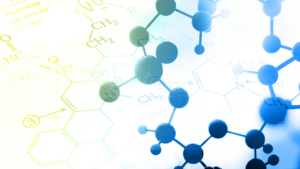ASTM D1123 – Standard Test Methods for Water in Engine Coolant Concentrate by the Karl Fischer Reagent Method
Description:
Significance and Use
5.1 The total apparent water in engine coolant concentrate as determined by Karl Fischer titrations consists of the following: (1) water present in the original glycol base; (2) water added (for example, inhibitor solutions); (3) water of hydration of inhibitors (for example, Na2B4O7·5H2O); (4) water formed in the chemical reaction between borate and ethylene glycol, producing boratediol condensate and water; and (5) quantitative interference by the reaction of the reagent with inhibitors such as tetraborate or sodium hydroxide.
Scope
1.1 These test methods cover the determination of the water present in new or unused glycol-based coolant concentrates using a volumetric (Test Method A) or an automatic coulometric titrator procedure (Test Method B).
1.2 Many carbonyl compounds react slowly with the Fischer reagent, causing a fading end point and leading to high results. A modified Fischer reagent procedure is included that minimizes these undesirable and interfering reactions.
1.3 The values stated in SI units are to be regarded as standard. No other units of measurement are included in this standard.


 ASTM D1122
ASTM D1122